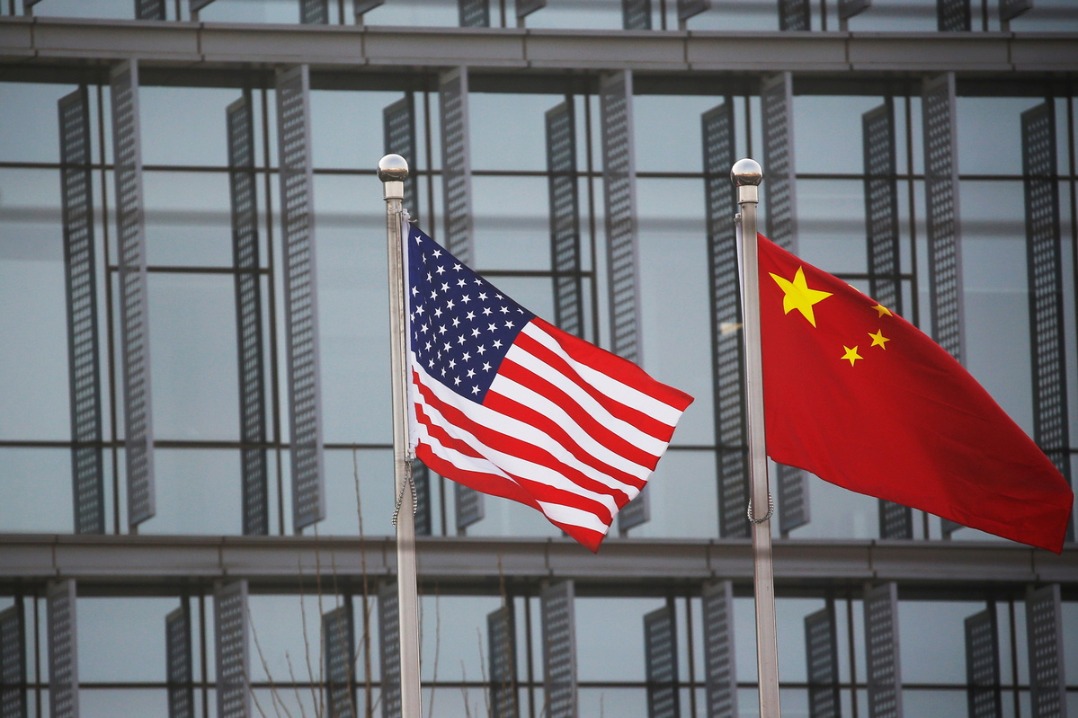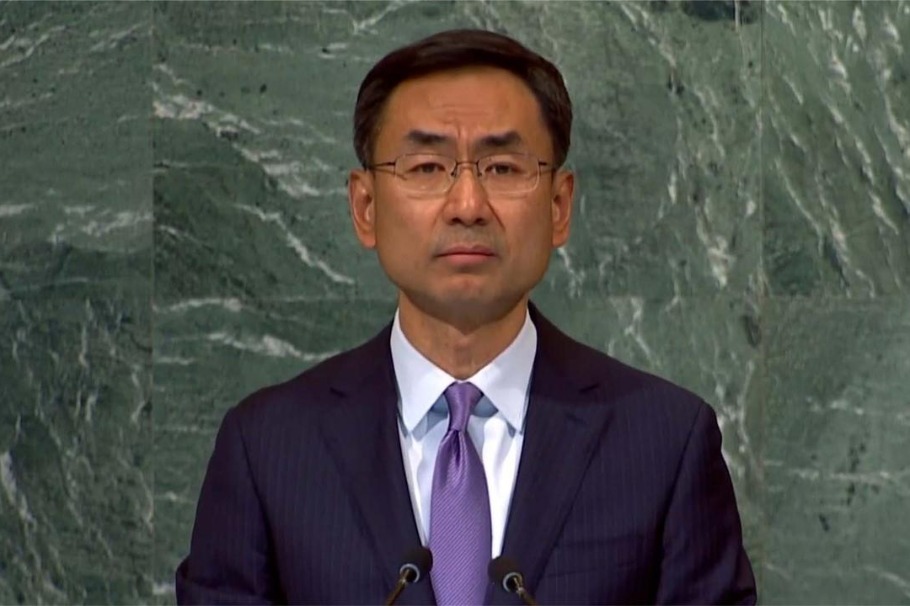World businesses need to develop China strategy

Despite many different points of view, China continues to be a top-of-mind topic for businesses around the world. Some say foreign companies have been leaving China in droves, while others say supply chains are shifting away from China and multinational companies are adopting a "China + 1" strategy to ensure more supply chain continuity. To some commentators, China "has peaked" and it's now time to look for the "next China".
How right are these perspectives?
China's GDP continues to grow at a decent pace despite the general global economic conditions, regional military conflicts and sanctions and tariff hurdles imposed by some Western countries. China's GDP for the first three quarters of the year grew at 4.8 percent.
According to the International Monetary Fund, China will be the world's largest contributor to economic growth for the next five years, accounting for approximately 21 percent.
Some foreign multinational companies came to China and gave it a try but somehow couldn't effectively compete in China. Some have downsized their China operations while some divested part or the whole of their operations in China.
On the other hand, many foreign companies have found China to be a really rewarding place. For them, China is a major source of revenue and profit. And for more and more foreign multinationals, they have found China to be an epicenter of the most cutting-edge innovations.
According to The Economist, China has become both a scientific superpower and a place for foreign companies to establish their research and development laboratories. While some supply chains have moved away from China, especially those in the labor-intensive industries and tariff-sensitive sectors, more manufacturing and supply chain capacities are being put in place in China by foreign multinationals. This is in particular true for manufacturing of highly sophisticated engineering products that require building-up and coordination of vast ecosystems of suppliers through meticulous organization of relevant skills, resources and cutting-edge infrastructure.
While the world is still facing much volatility, we are entering a new world in which multipolarity will manifest. Beyond the traditional Western economic powers, quite a number of countries in the developing world are emerging fast. The expanded BRICS epitomizes this. In January, BRICS expanded its membership. And more countries will join as "partner states".
A handful of these countries will increasingly play major roles in the global economy going forward. Many others are now able to see alternative ways of growth beyond what the West had to offer.
Unlike a unipolar world, a multipolar world will need much more coordination, consensus-building, collaboration and give and take. Peaceful coexistence will be a key consideration among countries.
As the largest economic power and one of the most influential political powers among Global South countries, China's role in the new multipolar world will increase.
Today there are two major forces at work in the world. One is trying to partition the world by imposing measures such as sanctions and tariffs. Another force is trying to keep the world together through much more connectivity and trade. Instead of the "flat world", our world today and in the likely near future will be highly uneven with some open fields in some areas and some small silos in some others.
Against this context, China's role will become more important. And, across business, China will be a multidimensional game-changer.
Its increasingly important role in the world will manifest itself in many ways — as an important market, in its resilient supply chains, for its increasing manufacturing prowess, with its proliferation of technological innovations and their applications across many use-case scenarios, and as an increasingly important setter of global standards for technology, products and business models.
For many industries, China will continue to be either the largest or one of the largest markets. Supply chains for some industries may diversify geographically. But China's leading position across manufacturing for almost every category of goods will further strengthen its position across the majority of supplier ecosystems.
China will unquestioningly strengthen its leading position in manufacturing, especially in advanced and intelligent manufacturing.
Building on its position as the world's biggest exporter of goods, China will also increasingly export capital, services, technology and knowledge. Chinese companies will become more international and multinational. China will also play an increasingly important role in global financial disruptions.
The country will play a central role in the development of next-generation supply chains that harness digital technologies and artificial intelligence to power the flow of goods, data and information and cash flows via new financial technologies and new payment and settlement systems.
Through its dual-circulation paradigm — a new economic development pattern in which China's domestic market remains the mainstay with domestic and international markets reinforcing each other, China will pay attention to both its domestic economy and its relationship with other countries.
As China's influence in business and economy increases across more and new dimensions, companies from all parts of the world, regardless of whether they are operating in China or not, will need to consider China's impact on their business.
While many companies will continue to find more opportunities in the Chinese market, the days of "every company needs to be in China because China's market is huge "have gone. But businesses' need to take China into account has increased as China's influence on businesses on a global basis has strengthened.
Faced with the reality of China today, company CEOs and business strategists must reevaluate the significance of China for their business and adjust their strategies and actions accordingly.
Could a "black swan" event change this picture? Certainly. The result of the presidential election in the United States could change the dynamics between China and the US, as well as other countries somewhat, adding volatility to the world. But I believe the probability of my view of China's future is high enough to prompt CEOs and corporate strategists to reflect deeply on its implications.
Companies should develop their China strategy. For some companies, this will continue to mean "doing business in China", but for many more companies, this will mean "doing business with China".The way I prefer to call this is "developing global strategy with China at the core".
The author is founder and CEO of Gao Feng Advisory Company, a strategy and management consulting firm with roots in China.?The views do not necessarily reflect those of China Daily.

































